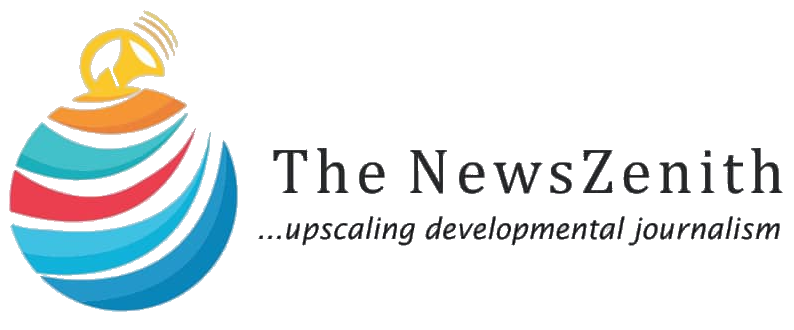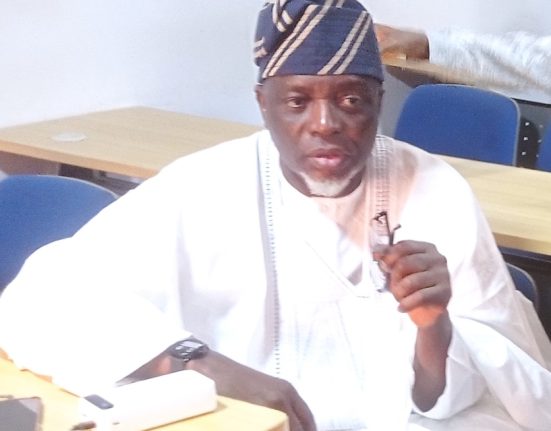
By Abdulwarees Solanke
One historic programme that the sincerity and innovation of the Federal Government of Nigeria in renewing the hope of Nigerians will be tested on, is the success of the new National Education Loan Fund (NELFUND).
This is a programme, that students of tertiary institutions in the country can apply for to fulfil their dream of acquiring education without let or hindrance.
However, the questions that always confront any issue relating to the provision and management of public services are usually around the ease and accessibility of such services. Equality and equity of opportunity for all citizens as well as the cost and affordability of such services for the minorities and the disadvantaged are also questionable.
Other concerns are usually on absence of compromise and corruption by bureaucrats managing the process, and the availability of necessary mechanisms for reach and impact evaluation of the programme or project.
From education to health programmes, employment and social intervention schemes, agricultural projects, disaster mitigation initiatives and relief programmes, fears are also not always uncommon among potential beneficiaries. These are fears about perceived lethargy and bureaucratic bottlenecks that may eventually trail along the implementation process.
Nonetheless, the Students Loan Fund is a groundbreaking initiative by the federal government, aiming to make higher education more accessible to Nigerian students. To ensure the program’s success, it’s essential to address these several key concerns.
Ease and Accessibility
The application process for the Students Loan Fund is relatively straightforward. Students can apply online through the Nigerian Education Loan Fund (NELFUND) portal. And, the approval process is instant if applicants meet all requirements. However, it’s crucial to ensure that the online platform is user-friendly, secure, and accessible to all, regardless of their location or socio-economic background.
Equality and Equity of Opportunity
The programme’s eligibility criteria have expanded to include students from all income backgrounds. It eliminates the initial restrictions based on family income. This move promotes equality and equity, providing opportunities for disadvantaged students to access higher education.
Cost and Affordability
The Students Loan Fund offers interest-free loans, making it more affordable for students to pursue higher education. Repayment of the loan begins two years after completing the National Youth Service Corps (NYSC) programme. This will allow students to focus on their education and career development without immediate financial burdens.
Read Related Articles:
- Why Retired Educationists Should Lead LGAs in Nigeria
- UNILAG Mass Comm in double celebrations
- Tinubu Topping The Game: Only Legends Will Understand
- If You Must Marry and Succeed At It……
- Addressing Brain Drain in Nigeria’s Health Sector
Transparency and Accountability
To prevent compromise and corruption, it’s vital to establish a transparent and accountable system for managing the loan program. This includes regular audits, monitoring, and evaluation to ensure that funds are disbursed and utilized efficiently.
Mechanisms for Reach and Impact Evaluation
A robust mechanism for evaluating the programme’s reach and impact is essential to assess its effectiveness. And, to identify areas for improvement. This may involve regular surveys, focus groups, and assessments to gauge the program’s success in promoting access to higher education and supporting the development of Nigerian students.
The government’s decision to make the loan program interest-free is very commendable. This will greatly reduce the financial burden on students and their families, allowing them to focus on their education and career development without the weight of debt.
Furthermore, the government’s commitment to transparency and accountability in the management of the loan program is reassuring. The establishment of a robust monitoring and evaluation mechanism will ensure that funds are disbursed and utilized efficiently.
Indeed, the Students Loan Fund is a shining example of the government’s renewed hope agenda in action. It demonstrates the administration’s commitment to providing opportunities for all Nigerians to thrive, regardless of their background or circumstances.
In conclusion, the federal government deserves substantial commendation for the National Education Loan Fund initiative. This programme has the potential to transform the higher education landscape in Nigeria and promote a more inclusive and equitable society. We urge the government to continue to build on this initiative and expand access to higher education for all Nigerians.
Solanke, an associate of the Nigerian Institute of Public Relations and the 2007 Commonwealth Broadcasting Association scholar in public policy at the Universiti Brunei Darussalam, writes from Abuja (abdulwarees01@gmail.com)

Do you have a flair for Citizenship Journalism? Share stories of happenings in your area with TheNewsZenith on WhatsApp: +2348033668669. For more scintillating news, visit our website: www.thenewszenith.com or follow us on YouTube: www.youtube.com/@thenewszenithOnline, Facebook: www.facebook.com/@thenewszenithonline & Tiktok: www.tiktok.com/@thenewszenithonline







